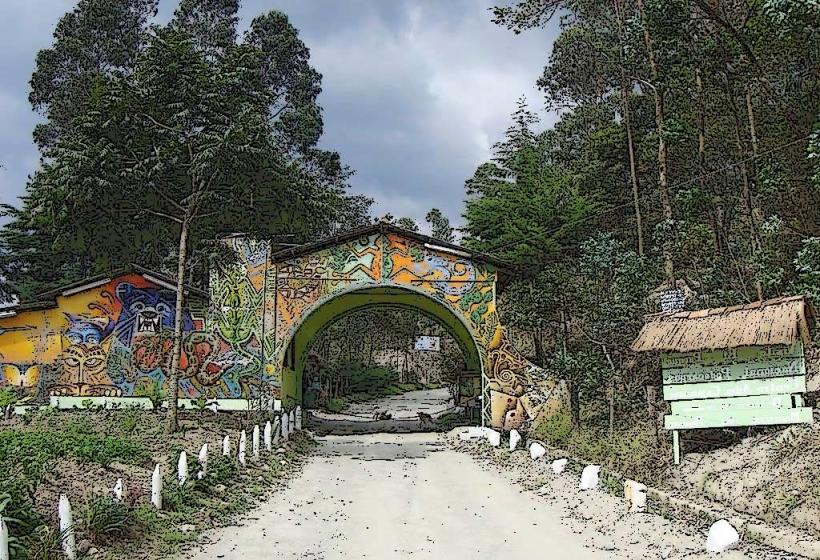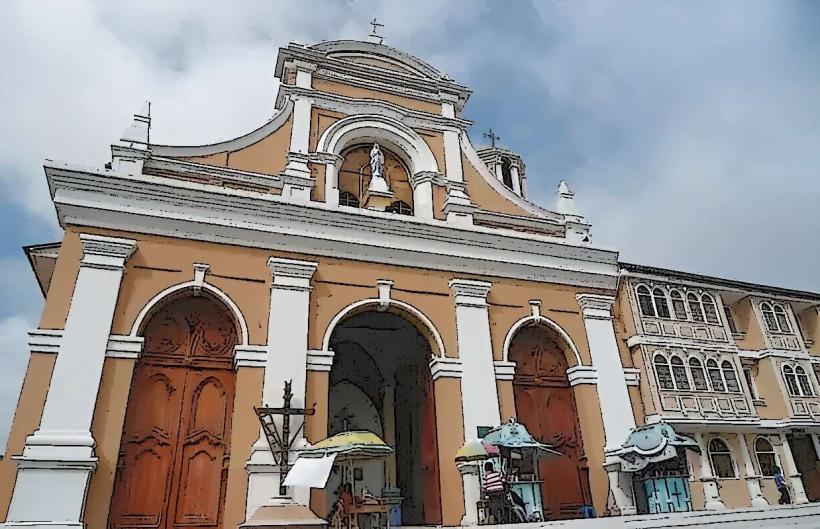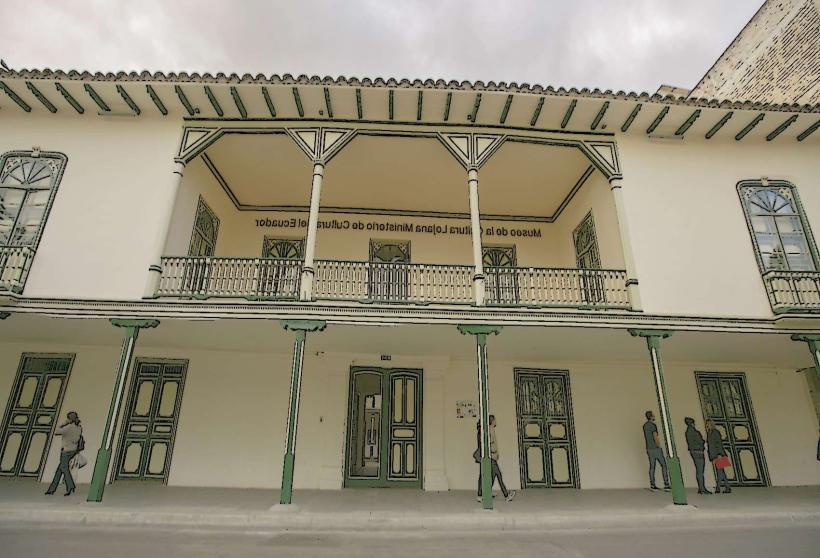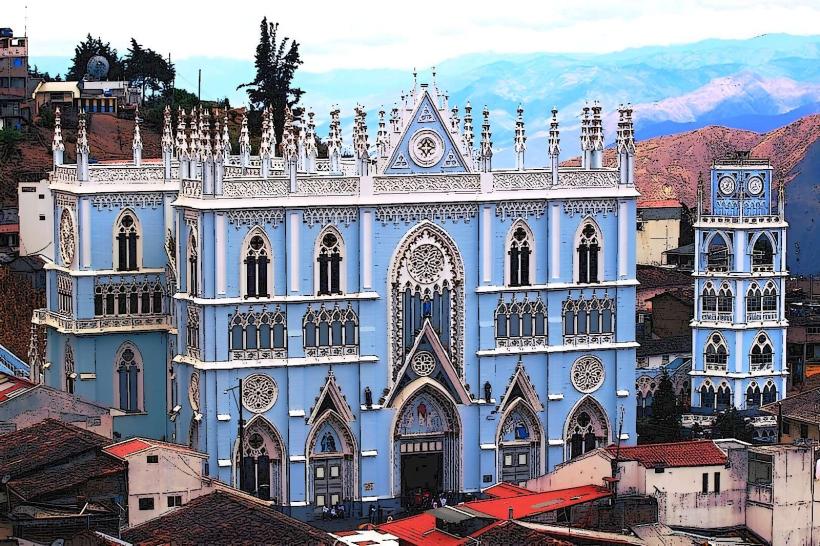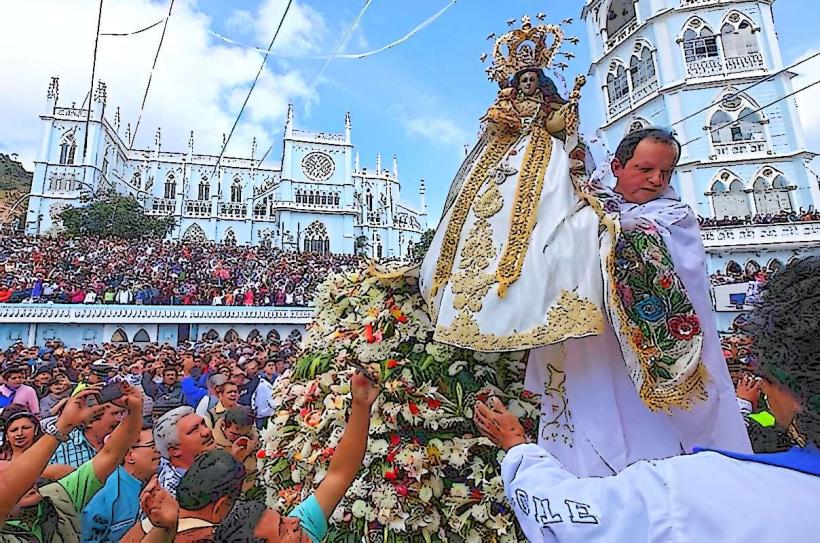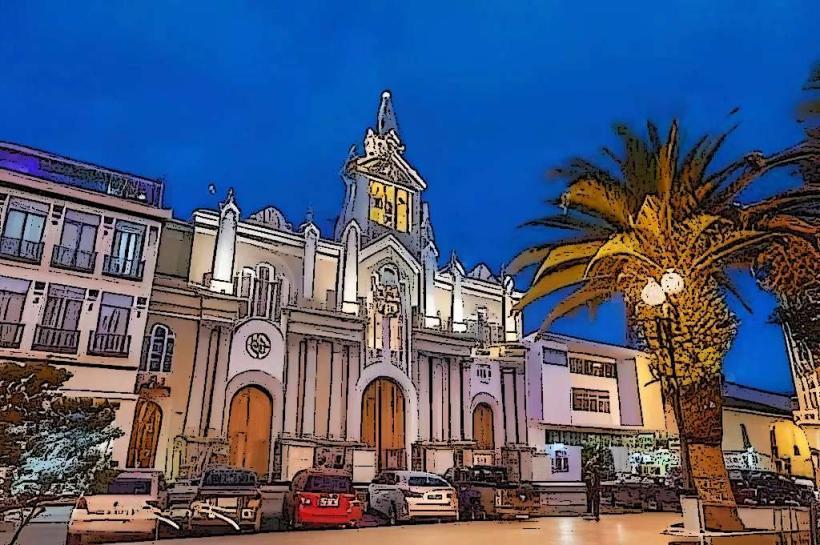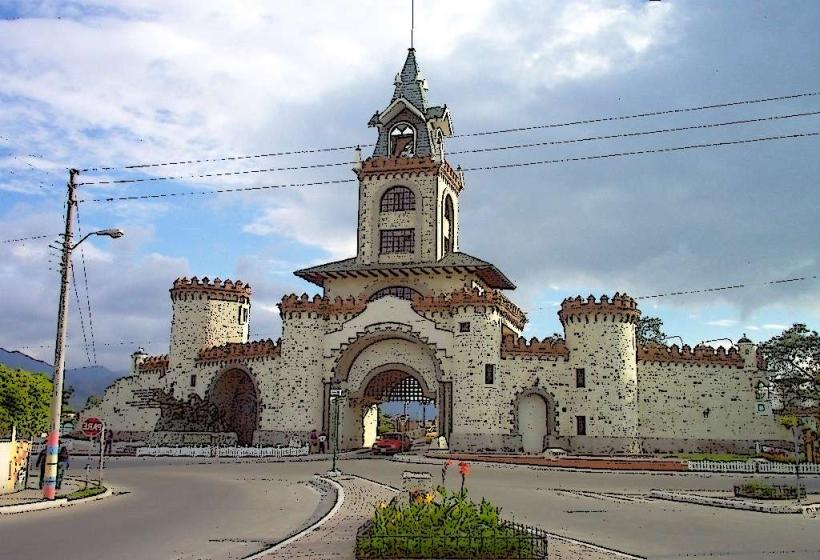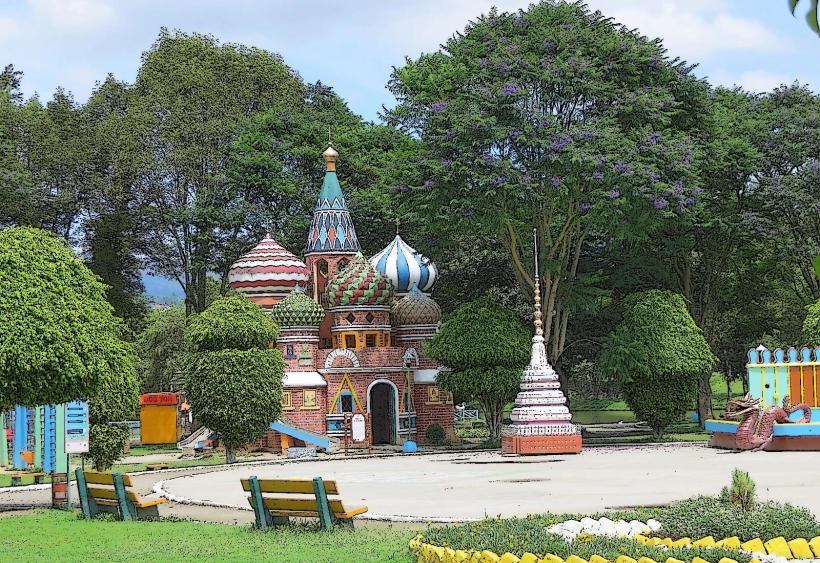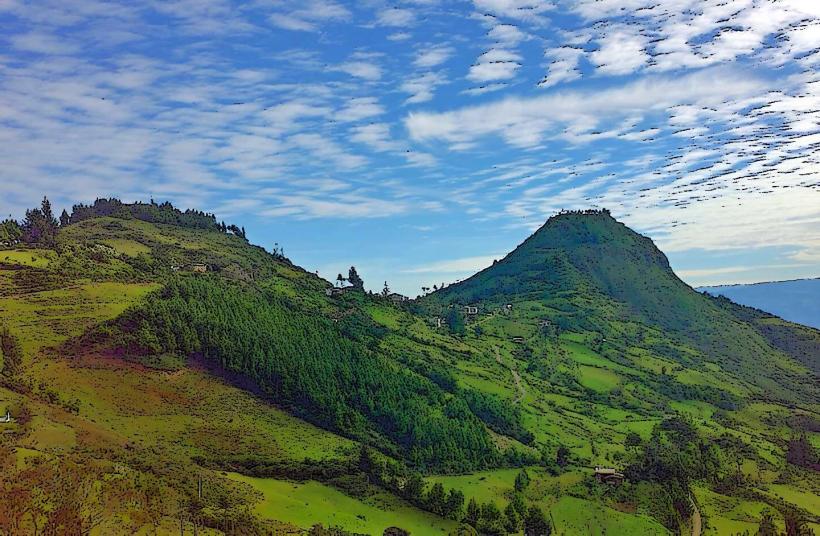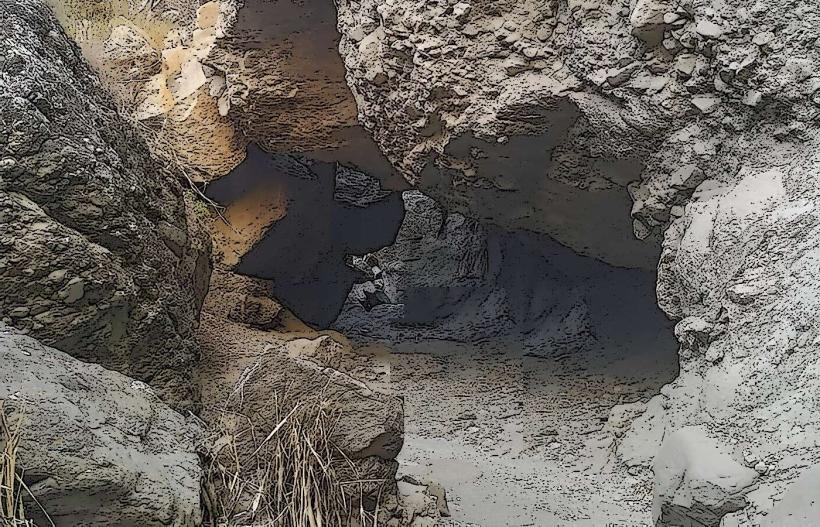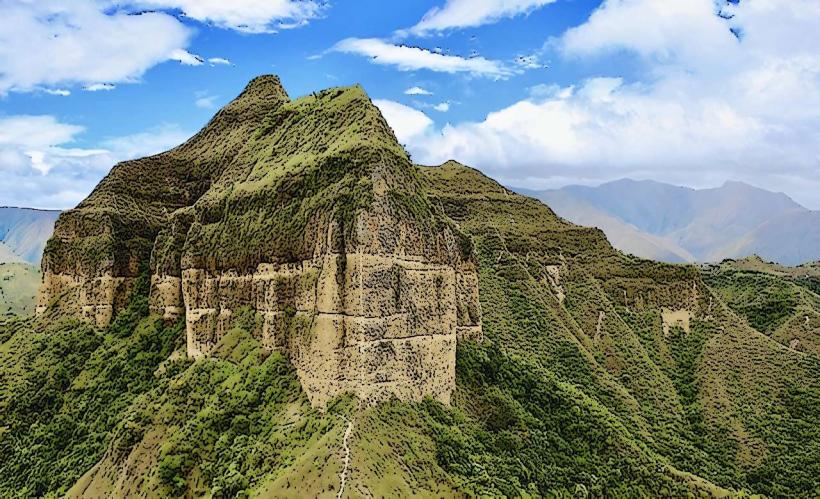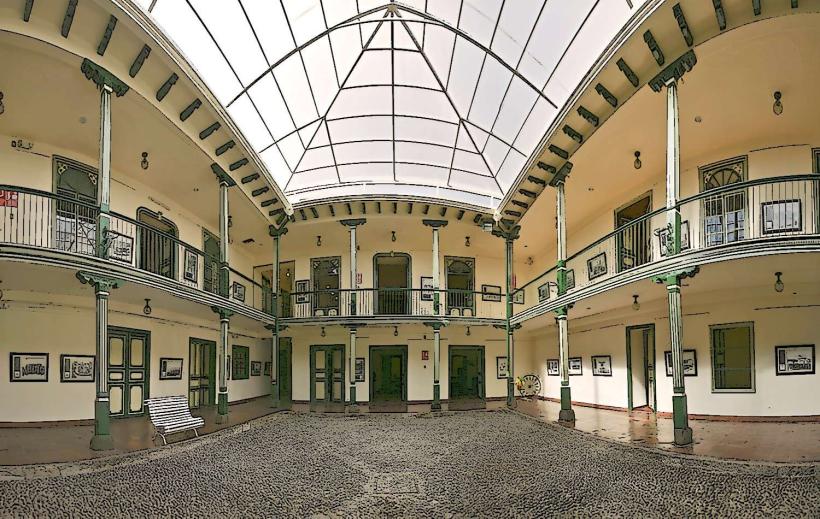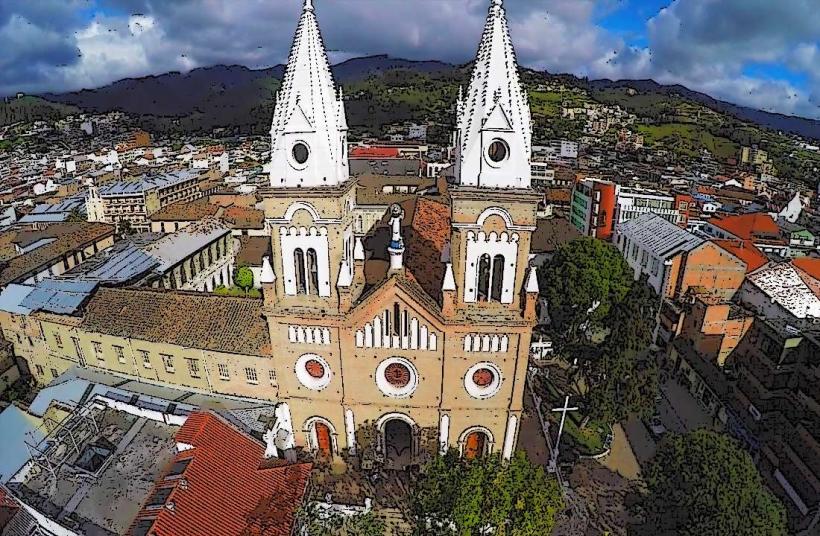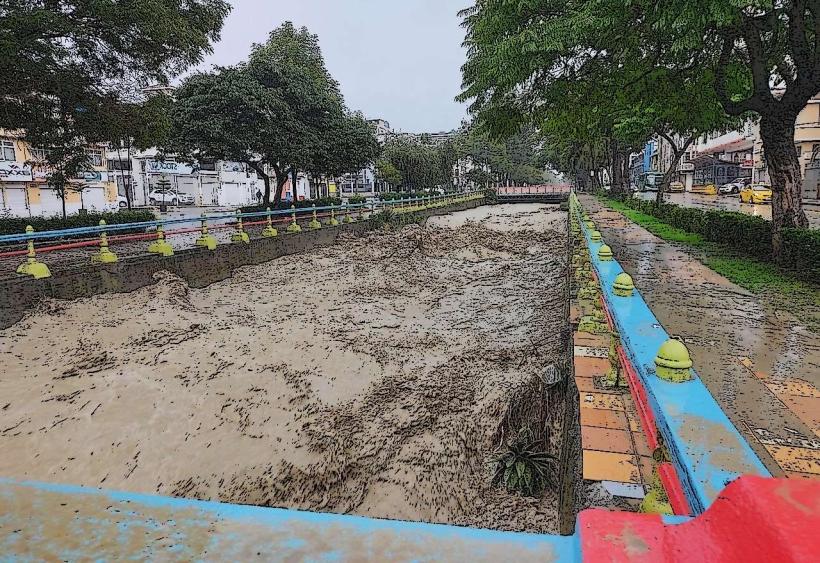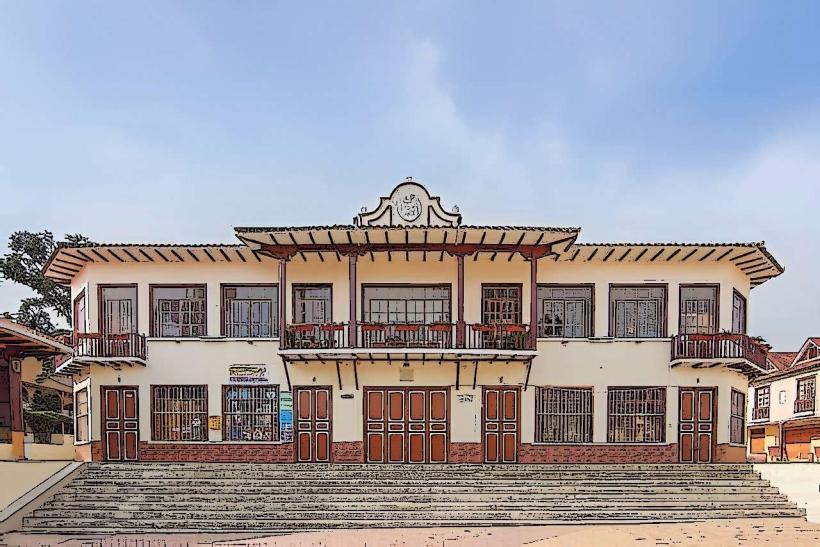Information
Landmark: Puente BolívarCity: Loja
Country: Ecuador
Continent: South America
Puente Bolívar, Loja, Ecuador, South America
Puente Bolívar – A Historic Landmark in Loja
The Puente Bolívar (Bolívar Bridge) is one of the most significant historical and architectural landmarks in Loja, Ecuador. This iconic bridge spans the Loja River, connecting the historic center of Loja with the southern districts of the city. It is not only an important transportation route but also a symbol of the city’s heritage and historical development.
Historical Significance
The Puente Bolívar was constructed in the late 19th century, specifically in 1892, during a time when the city of Loja was experiencing significant growth. The bridge was named after Simón Bolívar, the Venezuelan military leader and key figure in the independence movement across South America. Bolívar’s influence in the region was pivotal, and the bridge's name reflects the deep respect and admiration Ecuador has for his role in the fight for independence from Spanish colonial rule.
In addition to its symbolic significance, the Puente Bolívar played an essential role in connecting different areas of Loja, facilitating the movement of people and goods, and contributing to the city’s development during a time of economic and infrastructural growth.
Architectural Features
The Puente Bolívar is an example of 19th-century civil engineering, with a distinctive iron and stone construction. The bridge spans the Loja River and is supported by strong stone pillars, with an elegant arched design. The use of iron in its construction reflects the industrial advances of the time, as it was a material increasingly used in infrastructure projects during the late 1800s.
Design: The bridge is suspended with iron cables and has a relatively simple yet functional design. It consists of a central arched span, with smaller sections on either side. The iron structure is complemented by stonework, giving the bridge a unique look that blends both industrial and classical elements.
Length: The bridge’s total length is approximately 50 meters, and it spans the Loja River, offering stunning views of the river and the surrounding areas. The bridge's location near central Loja makes it a significant route for both pedestrians and vehicles.
Materials: The primary materials used in the construction of the Puente Bolívar are stone and iron, which were materials commonly used in bridge construction during the era. The combination of these materials made the bridge both durable and functional, able to withstand the flow of the river and the passage of time.
Importance Today
Today, the Puente Bolívar continues to serve as a key connection point between different parts of Loja. Though newer bridges have been constructed in the area to accommodate modern traffic, the Puente Bolívar remains an important part of the city’s urban landscape. It serves not only as a functional bridge but also as a cultural and historical symbol for the people of Loja.
Tourism: The bridge is a popular spot for both locals and visitors, who often stop to take in the view of the Loja River and the city’s surrounding mountains. It is also a great place for photographs, particularly at sunrise or sunset, when the lighting over the river and the city is especially beautiful.
Landmark: The Puente Bolívar is not just a bridge; it is an integral part of Loja’s cultural heritage. It stands as a reminder of the city’s growth and development during the 19th century and its historical connection to the struggle for independence in South America.
Historical Tours: For those interested in historical tourism, the Puente Bolívar is often included in guided tours of Loja’s historical sites. It allows visitors to experience the city’s colonial past while also appreciating the engineering marvels of the 19th century.
Surrounding Area and Views
The Puente Bolívar offers excellent views of the Loja River and the surrounding mountainous landscape. The river is an important natural feature of the city, and the bridge provides a unique vantage point to appreciate its flow and the green valley surrounding Loja.
Loja River: The Loja River, which the bridge spans, is a key geographical feature of the city. It meanders through the area and has historically been central to the development of the region.
Mountain Views: From the bridge, visitors can also enjoy panoramic views of the surrounding mountains and hills that rise above Loja, offering a breathtaking backdrop to the city.
Visiting the Puente Bolívar
For those visiting Loja, the Puente Bolívar is an easily accessible site, located near the city center. It's a great spot to take a leisurely walk, capture photos, or simply enjoy the tranquil atmosphere along the river.
Accessibility: The bridge is accessible by foot, car, and public transportation. It is located in a central area of Loja, making it a convenient stop during any exploration of the city.
Nearby Attractions: After visiting the bridge, tourists can continue their exploration of Loja by visiting other nearby landmarks such as the Parque Jipiro, the Catedral de Loja, and the Iglesia de San Sebastián.
Conclusion
The Puente Bolívar is not only a functional piece of infrastructure but also a significant historical and cultural landmark in Loja. Its construction represents a pivotal moment in the city’s development, and it continues to be an iconic symbol of the city’s rich heritage. Whether you’re a history enthusiast, nature lover, or simply passing through the area, the Puente Bolívar offers a unique opportunity to experience Loja’s past and present while enjoying spectacular views of the river and surrounding landscape.

